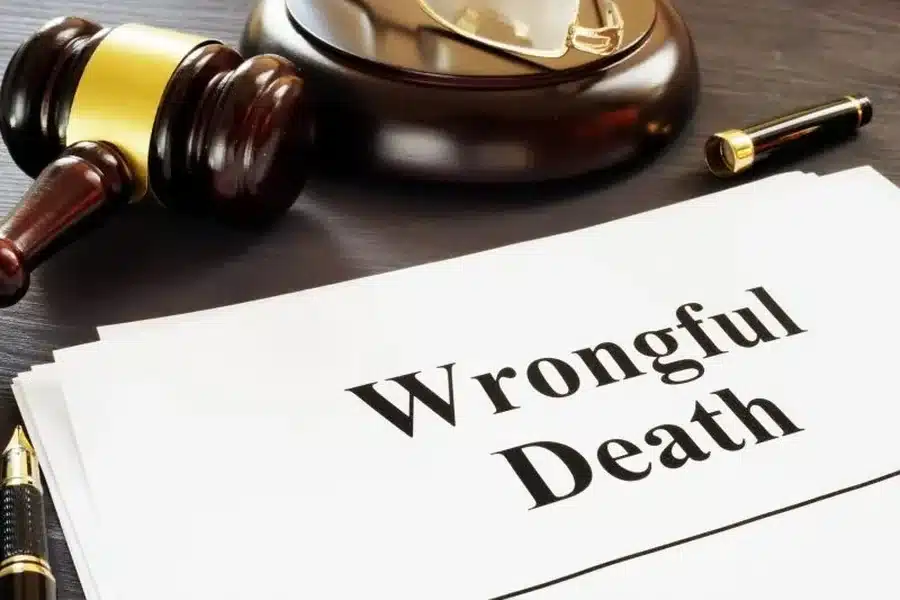Losing a loved one is always devastating, but when that loss is caused by someone else’s negligence or misconduct, the grief is often compounded by confusion and legal questions. In Washington State, not everyone is eligible to file a wrongful death claim. The law specifies who can seek justice and financial compensation for the loss of a family member. This guide breaks down the eligibility rules and key aspects of the process, and why consulting a qualified Seattle wrongful death attorney can be your first step toward clarity.
Understanding Wrongful Death in Washington
A wrongful death occurs when a person dies due to the negligence or wrongful act of another party. This can include car accidents, medical malpractice, workplace incidents, defective products, or even criminal behavior. Washington’s wrongful death statutes are designed to provide financial compensation to the survivors of the deceased and to hold the responsible party accountable.
But the process is not as simple as filing a claim. Washington law defines specific relationships and legal standing for those who wish to pursue compensation.
Who Can File a Wrongful Death Lawsuit?
In Washington, the legal representative of the deceased person’s estate must file the wrongful death lawsuit. This representative is typically named in the deceased’s will or appointed by the court. The beneficiaries of the claim are usually close family members, and eligibility is structured as follows:
- Primary Beneficiaries
These are typically the spouse or state-registered domestic partner and any children or stepchildren of the deceased. If any of these parties exist, they are first in line to recover damages. - Secondary Beneficiaries
If there are no surviving spouses, domestic partners, or children, then the deceased’s parents or siblings may be eligible to file a claim. However, this only applies if they were financially dependent on the deceased at the time of death. - Parents of a Minor Child
Washington law also allows parents to file a wrongful death claim for the death of a child under 18. If the parents are divorced or separated, both may need to join the claim, depending on the custody arrangement.
Each of these parties can be entitled to compensation for both economic and non-economic losses, such as funeral expenses, lost future income, medical costs prior to death, and emotional suffering.
Time Limits: The Statute of Limitations
Washington law imposes a strict statute of limitations on wrongful death claims. Typically, a lawsuit must be filed within three years from the date of the person’s death. Missing this deadline generally results in the claim being permanently barred, regardless of how strong the case might be.
That’s why it’s crucial to act quickly and consult with a Seattle wrongful death attorney as soon as possible. Early legal guidance can ensure critical evidence is preserved and the claim is filed within the required timeframe.
Types of Compensation Available
Survivors can seek a variety of damages through a wrongful death claim:
- Economic Damages: These include quantifiable losses such as medical bills, lost wages, and funeral expenses.
- Non-Economic Damages: These are more subjective and can include loss of companionship, emotional distress, and pain and suffering experienced by the deceased prior to death.
In some rare cases, punitive damages may also be awarded if the defendant’s conduct was particularly reckless or malicious, although Washington generally does not allow punitive damages in civil cases.
Why You Need Legal Representation
Wrongful death cases are often complex and emotionally charged. Insurance companies and opposing parties may attempt to minimize payouts or dispute liability altogether. That’s why having an experienced advocate is so important.
A qualified wrongful death attorney can handle the legal complexities, negotiate with insurers, and build a strong case on your behalf. They also understand the nuances of Washington’s wrongful death statutes and can ensure all procedural requirements are met.
Having legal representation significantly increases the likelihood of a favorable outcome in civil claims. Navigating the court system without legal help can jeopardize your ability to obtain fair compensation.
Conclusion
Filing a wrongful death claim in Washington involves navigating strict legal guidelines about who can file, when they can do so, and what compensation is available. If you’ve lost someone due to another person’s negligence, don’t try to manage the process alone. Contacting a Seattle wrongful death attorney can help you seek the justice and financial support your family deserves.




